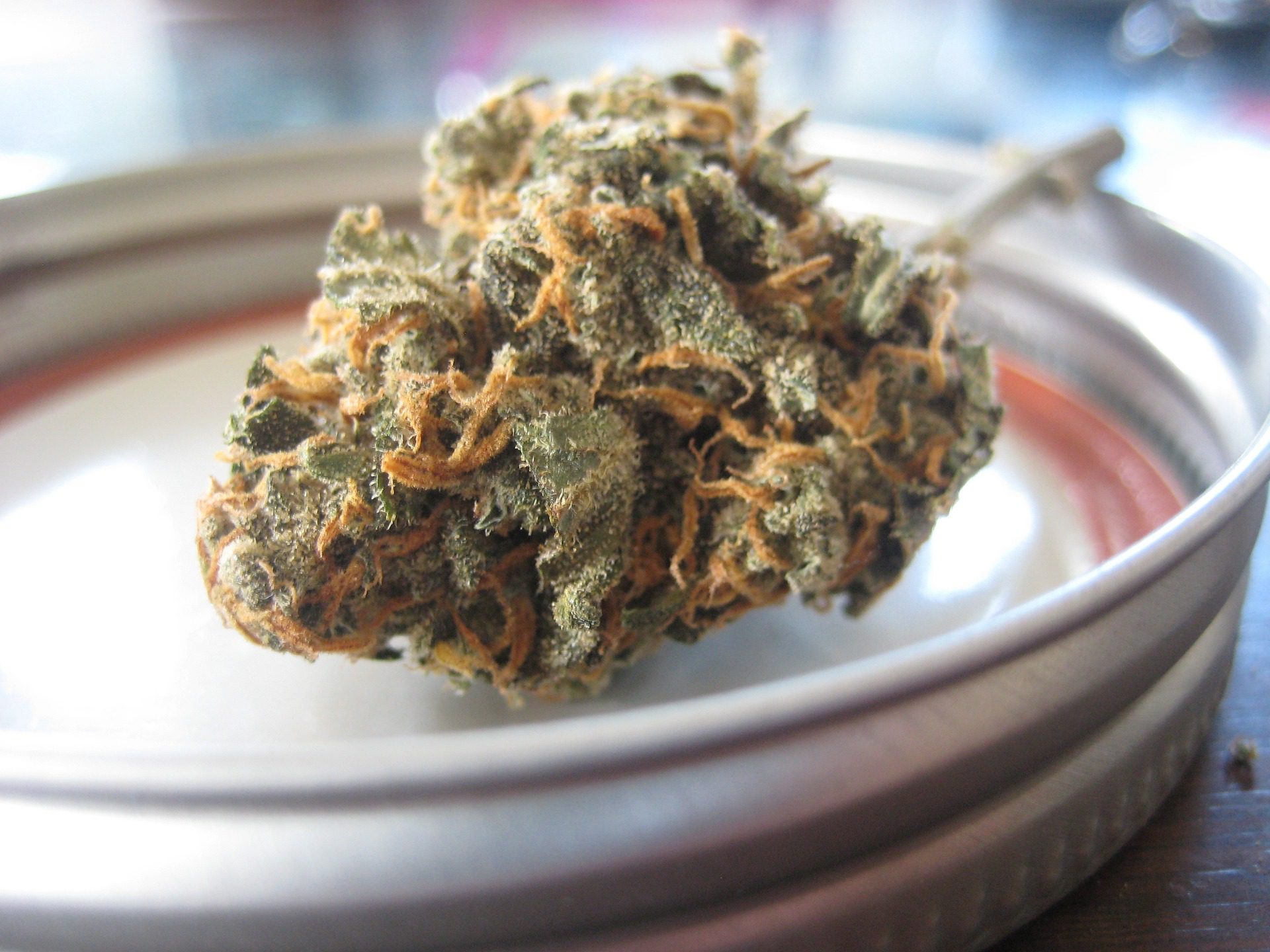
Disposing of grow room waste legally is one component of the burgeoning cannabis business that few growers likely consider when entering the cannabis market. However, as with any industry, by law, proper management and disposal of waste generated by a company is a shared responsibility. For those in the cannabis industry, it is no different.
Any waste generated onsite by a cannabis business, especially disposing of grow room waste, is subject to regulatory oversight. Every state that has legalized cannabis has enacted rules, procedures, and guidelines for properly disposing of cannabis waste. This would include the waste generated at cannabis cultivation and production facilities, retail stores, dispensaries, testing facilities, etc.
For some, there may be a misperception about how to manage cannabis waste generated at facilities properly. In large part because cannabis waste is rightly perceived and classified as organic material. Yet, that waste is still subject to regulation and, depending on how it is processed, whether or not it is classified as either hazardous or non-hazardous.
With an increasing number of states legalizing cannabis every election cycle, the need to develop regulations and requirements for how to dispose of cannabis waste properly became readily apparent. As each plant’s usable trim and flowers account for approximately 10% to 15% of the weight harvested, the remaining weight, the chaff, is the plant’s waste. It’s not uncommon—if not routine—for processors to generate thousands of pounds of such waste per month. Though the rules for its disposal are regularly fine-tuned, they differ slightly from state to state.
This is true for the State of Maine, where businesses must comply with managing cannabis waste. If you’re in the cannabis business, there is no reason not to know the procedures for legally managing and disposing of grow room waste. Failure to comply can result in heavy fines or some cases, loss of license to grow altogether.
Non-Hazardous Cannabis Waste
Though cannabis plants, their trimmings, stalks, and other plant matter are not considered hazardous material, under Maine law, any waste product that contains more than 0.3% tetrahydrocannabinol (THC) must be transported for disposal by an authorized entity, such as a licensed waste management and disposal company, or personnel from a law enforcement agency like the DEA. Additionally, all plant waste must be “rendered unusable” before leaving a facility. For materials to be considered unusable they must be ground and mixed at a 50:50 ratio with another authorized organic waste material. This would include food wastes, animal manures, debris from yard waste, and the like.
The Maine Department of Environmental Protection (DEP) encourages the composting of cannabis waste as long as it doesn’t contain any harmful solvents or chemical extraction agents like methane, butane or propane that could render it hazardous and unsuitable for agricultural use. Composting cannabis waste can occur on the farm where it was grown, other farms where cannabis is grown, or at designated DEP off-farm agricultural composting sites.
Other nonhazardous disposal options for cannabis waste are solid waste landfills or incinerators that have been licensed by the DEP to accept municipal solid waste. Cannabis waste can also be disposed of at aerobic digestion facilities which are licensed to receive organic materials from municipal solid waste streams.
Hazardous Cannabis Waste Considerations
Though it may be difficult to conceive that cannabis processing could produce hazardous waste, the fact remains that there are production processes that do render the waste hazardous. Some extraction methods of tetrahydrocannabinol (THC) and cannabidiol (CBD) oils use solvents that often produce hazardous waste in solid or liquid form. Even secondary distillation methods used to extract cannabinoids from the plant can render the waste hazardous.
In short, any cannabis waste that contains chemical extraction agents such as butane, methane, propane or other solvents are considered a hazardous waste that must be disposed of according to Maine’s DEP Hazardous Waste Management Rules.
Disposing of grow room waste properly and legally is the responsibility of every cannabis farmer. Whether waste generated at a facility is hazardous or non-hazardous, waste of any kind must be disposed of following state laws and regulations. Maine Labpack offers comprehensive cannabis waste management services for cannabis waste generators and dispensary recycling services. To learn more about our hazardous disposal services, contact Maine Labpack today.
